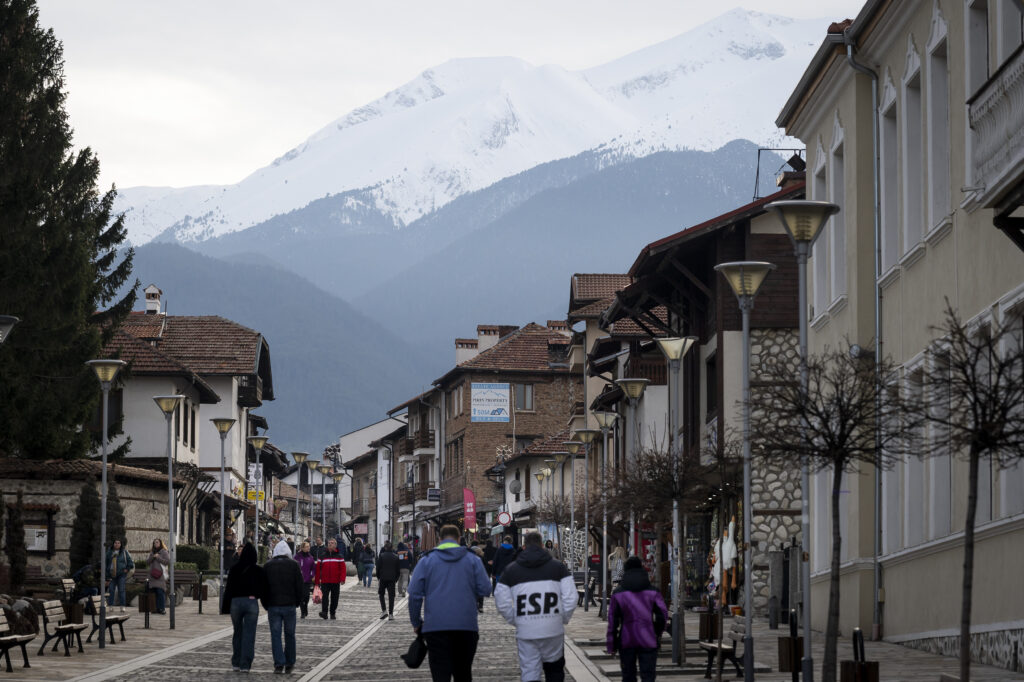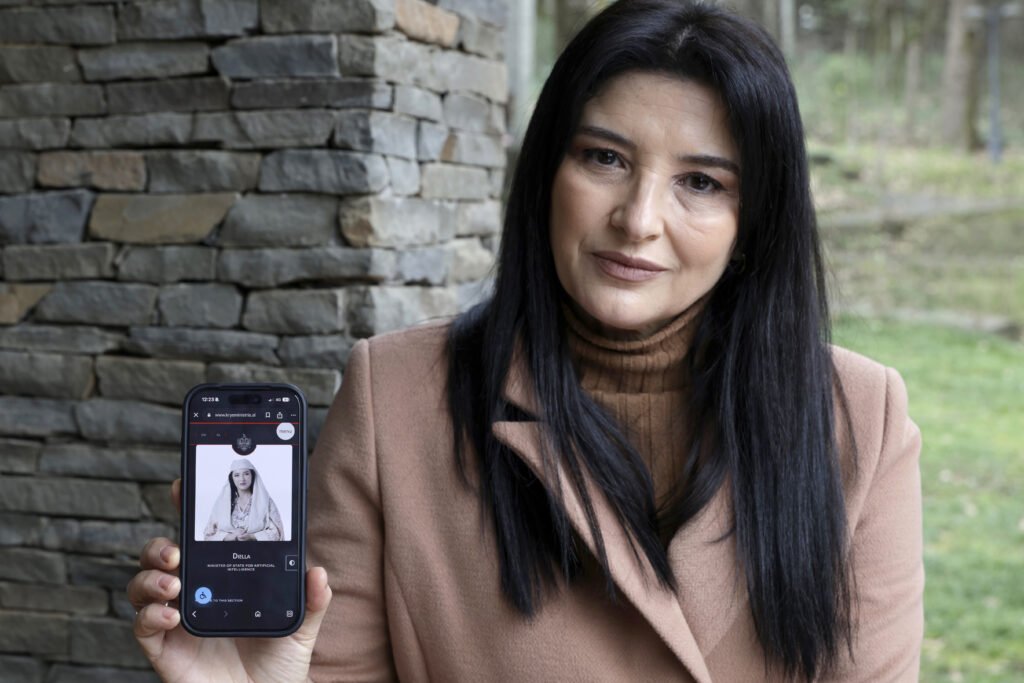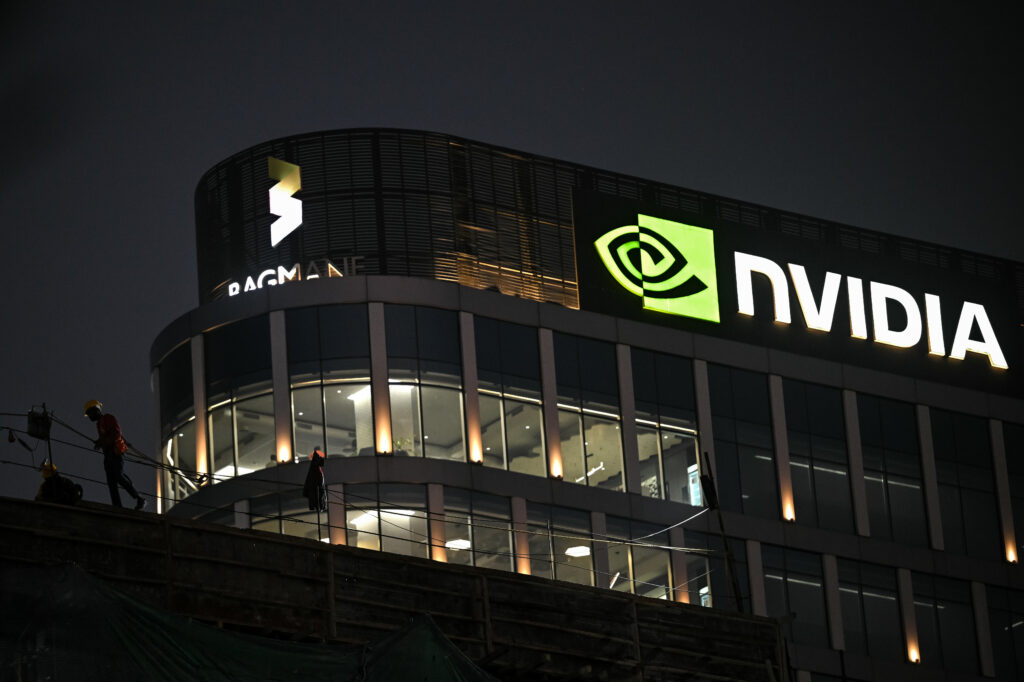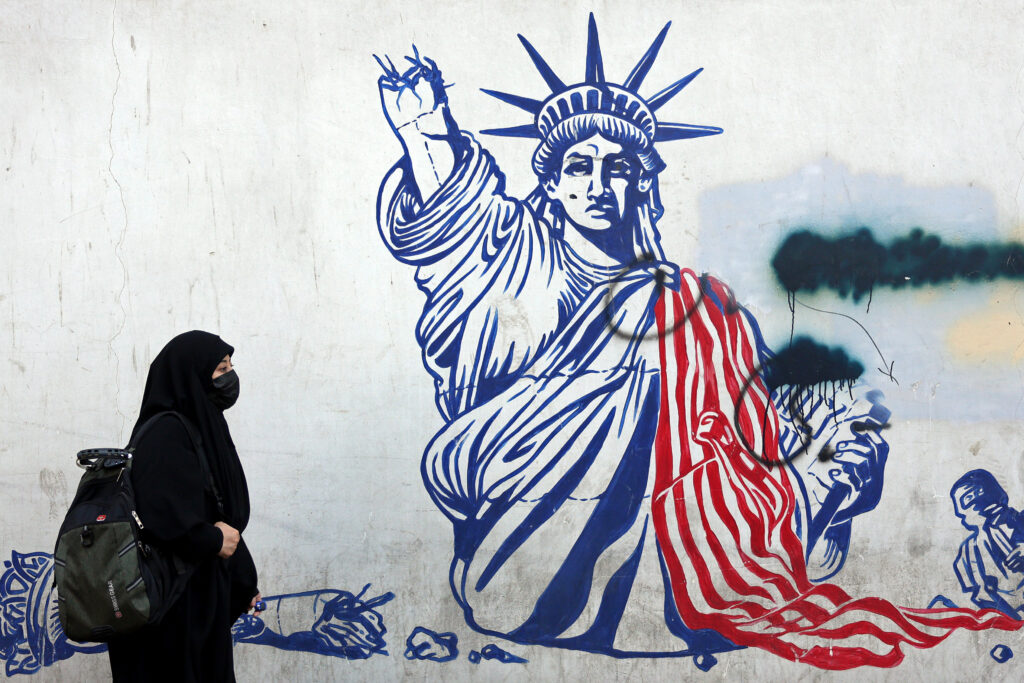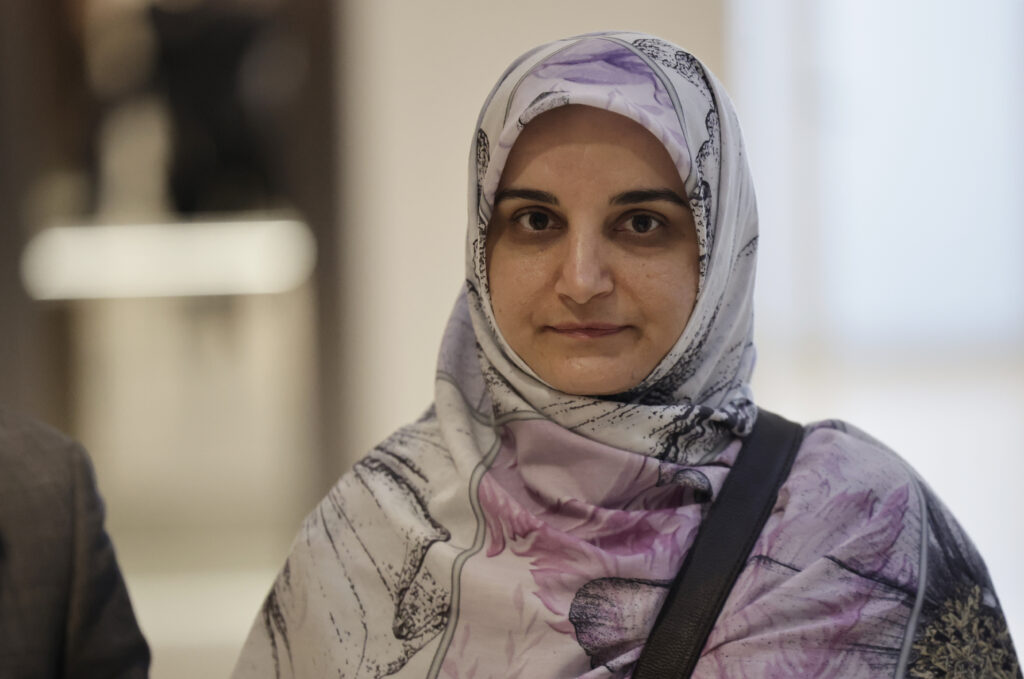C’est l’outsider du scrutin bordelais: donné troisième du premier tour par un sondage, l’inattendu Philippe Dessertine contraint le député macroniste Thomas Cazenave à appeler au “vote utile” face au maire sortant écologiste Pierre Hurmic, annoncé en tête.”Merci d’être si nombreux, il se passe quelque chose à Bordeaux”, avait lancé lundi soir cet universitaire habitué des plateaux télévisés devant un millier de personnes, à la moyenne d’âge avancée, venues l’écouter dans un théâtre.Celui qui annonce sa victoire depuis qu’il s’est déclaré candidat, mi-septembre, est crédité de 15% des intentions de vote par une étude Ifop publiée mercredi soir par Sud Ouest, LCI et Sud Radio, contre 33% à Pierre Hurmic et 25% à Thomas Cazenave.Par rapport à un sondage OpinionWay en novembre, il gagne trois points quand l’ex-ministre macroniste en perd un et que la députée européenne Julie Rechagneux (RN) recule de 12 à 7%.Candidat “sans étiquette” qui érige la “protection des habitants” en priorité, Philippe Dessertine séduit principalement à droite et à l’extrême droite: parmi les personnes interrogées, il rassemble 37% de celles ayant voté pour Valérie Pécresse au premier tour de la présidentielle 2022, 22% des partisans de Marine Le Pen et 35% de l’électorat zemmouriste.- “Détermination” -Entré en campagne quand Thomas Cazenave bataillait encore avec Nathalie Delattre, présidente du Parti radical, pour mener la liste d’union de la droite et du centre, le sexagénaire séduit aussi 35% des électeurs de feu Nicolas Florian, ex-dauphin de l’ancien maire LR Alain Juppé, battu par Pierre Hurmic en 2020 et décédé l’an dernier.Philippe Dessertine, novice en campagne mais dont l’épouse a longtemps fait partie de l’équipe Juppé, accueille ce sondage “avec détermination” et promet de “poursuivre (sa) campagne de rassemblement pour battre le maire sortant”. “Des alliances, des choses comme ça, c’est le monde politique traditionnel. Je ne suis pas un politique traditionnel”, a esquivé ce docteur en gestion lors d’un débat organisé jeudi par Sud Ouest et la chaîne locale TV7, refusant de “tirer des plans sur la comète sur la base d’un sondage ou d’accords politiques”.Thomas Cazenave a lui appelé mercredi soir au “vote utile”, jugeant que “toute voix portée sur une autre liste” que la sienne “renforcerait la majorité sortante” et que “la dispersion serait une erreur”.- Épée de Damoclès -Pierre Hurmic était au contraire d’humeur badine mercredi soir après un meeting.”François Mauriac disait, après la Seconde Guerre Mondiale, +Moi, j’aime tellement l’Allemagne que je suis content qu’il y en ait deux+. Moi, j’aime tellement la droite que je suis content quand il y en a deux”, a-t-il ironisé, satisfait de “virer en tête” dans l’étude.”Philippe Dessertine a dit haut et fort qu’il irait jusqu’au bout (…) J’ai plutôt tendance à penser que ce qu’il a dit, il le fera”, a ajouté l’écologiste, qui veut “poursuivre et amplifier” la politique mise en place depuis 2020 (autonomie énergétique renforcée via notamment la solarisation de bâtiments publics, secteur piétonnier augmenté, grand plan de végétalisation…).Au second tour, le sondage Ifop le donne vainqueur d’une quinquangulaire qui l’opposerait à Nordine Raymond (LFI) – crédité de 12% au premier tour, contre 5% à Philippe Poutou (NPA) – ainsi qu’à Thomas Cazenave, Philippe Dessertine et Julie Rechagneux, dont l’institut juge la qualification encore “crédible”.Mais, en cas d’alliance Cazenave-Dessertine, le maire sortant perdrait la quadrangulaire, d’après l’étude. De quoi le contraindre à se rapprocher de LFI, hypothèse validée jeudi par M. Raymond, mais exclue jusqu’ici par Pierre Hurmic ? À chacun son “épée de Damoclès”, a commenté le directeur général de l’Ifop, Frédéric Dabi, dans le journal Sud Ouest.Soutenu par les Écologistes, PS, PCF, Génération.s, Nouvelle Donne, Place publique et le mouvement l’Après, Pierre Hurmic se dit “persuadé que tout électeur de gauche préfèrera voir notre coalition diriger la ville” plutôt qu’une “coalition de droite”.Le maire sortant attire à lui 43% des électeurs de Jean-Luc Mélenchon à la présidentielle 2022, parmi les personnes interrogées dans le sondage dévoilé mercredi.
